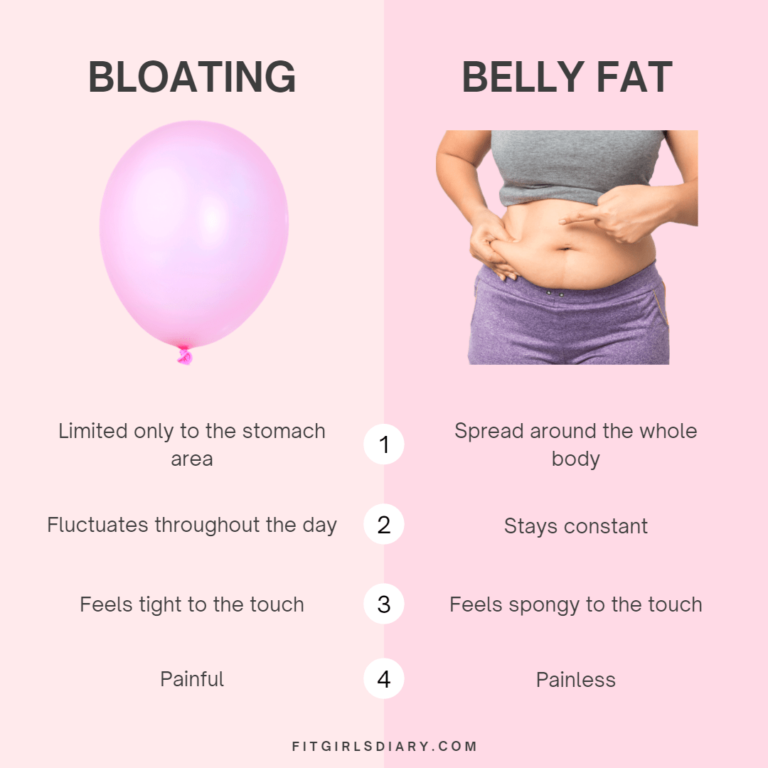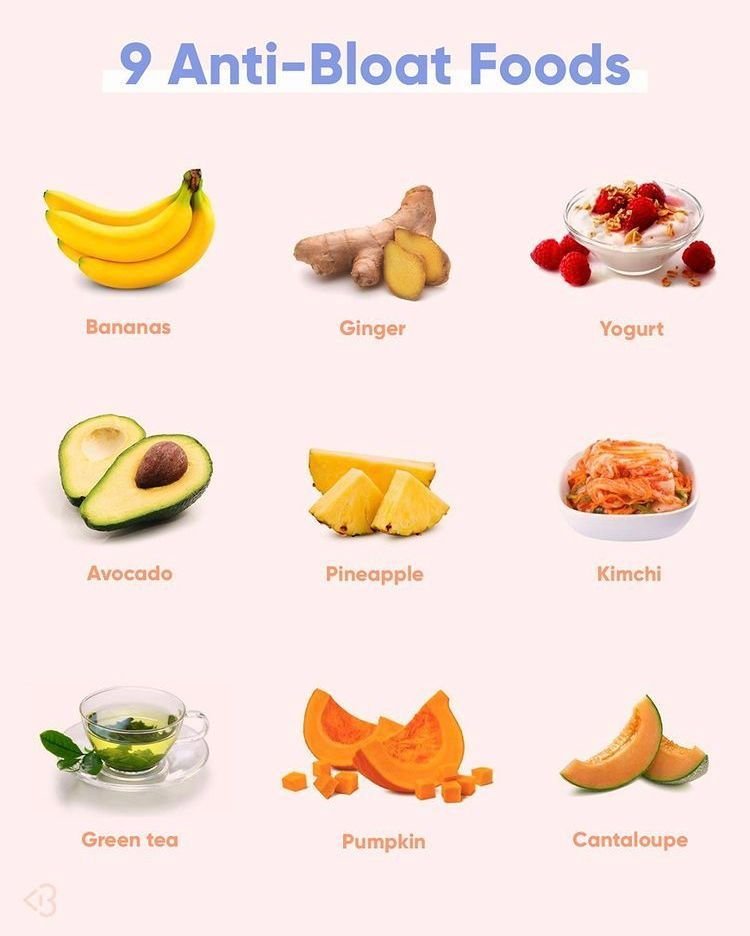
Bloating is a common digestive issue that many people experience at some point in their lives. It is characterized by a feeling of fullness, tightness, or swelling in the abdomen, often accompanied by excessive gas. While bloating can be uncomfortable and even painful, it is usually not a serious medical condition. However, understanding the causes of bloating and how to treat it can help alleviate the discomfort.

Causes of Bloating
There are several factors that can contribute to bloating. One of the most common causes is overeating or consuming large meals, as this can put extra pressure on the stomach and intestines. Eating too quickly or not chewing food thoroughly can also lead to bloating, as it can cause air to be swallowed along with the food.
Another potential cause of bloating is the consumption of gas-producing foods. Certain foods, such as beans, lentils, cabbage, onions, broccoli, and carbonated beverages, contain complex carbohydrates that are difficult for the body to digest. As the bacteria in the intestines break down these carbohydrates, gas is produced, leading to bloating. Food intolerances, such as lactose or gluten intolerance, can also cause bloating in some individuals.
In addition to dietary factors, hormonal changes can also contribute to bloating. Many women experience bloating during their menstrual cycle, often due to water retention and hormonal fluctuations. In some cases, gastrointestinal disorders, such as irritable bowel syndrome (IBS) or inflammatory bowel disease (IBD), can cause chronic bloating.

How to get rid of Bloating?
If you’re experiencing bloating, there are several things you can do to find relief.
Firstly, it’s important to pay attention to your eating habits. Eating smaller, more frequent meals and chewing food thoroughly can help reduce the risk of bloating. Avoiding gas-producing foods, such as those mentioned earlier, can also be beneficial. Keeping a food diary to identify which foods trigger bloating can be helpful in managing and preventing future episodes.

Drinking plenty of water throughout the day and staying hydrated can help prevent constipation, which can contribute to bloating. Regular exercise can also aid in digestion and reduce bloating. Physical activity can help stimulate the muscles in the digestive tract, promoting regular bowel movements and reducing the likelihood of bloating.
For temporary relief, there are over-the-counter medications available, such as antacids or simethicone, which can help alleviate gas and bloating. However, if bloating persists or is accompanied by other concerning symptoms like severe abdominal pain, weight loss, or changes in bowel habits, it is important to consult a healthcare professional to rule out any underlying medical conditions.

Bloating can be caused by a variety of factors, including overeating, consuming gas-producing foods, hormonal changes, and gastrointestinal disorders. Making changes to your eating habits, avoiding trigger foods, staying hydrated, and staying active can all help reduce bloating. If symptoms persist or worsen, it is advisable to seek medical advice for proper diagnosis and treatment options. Remember, understanding your body and its needs is key to managing and preventing bloating.


